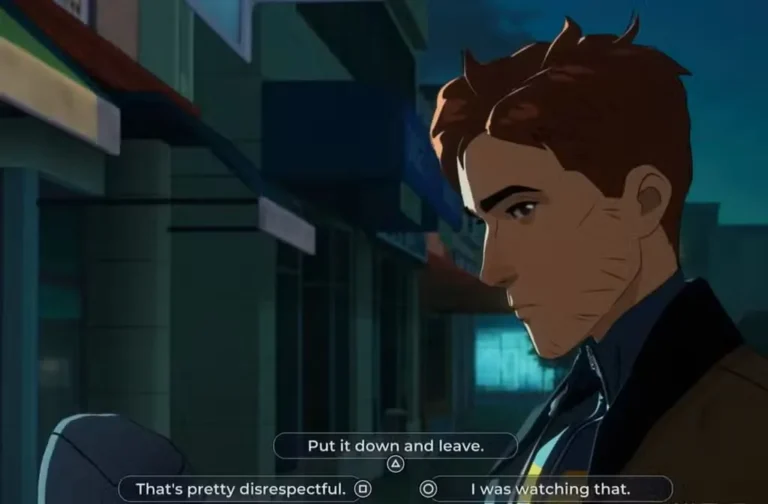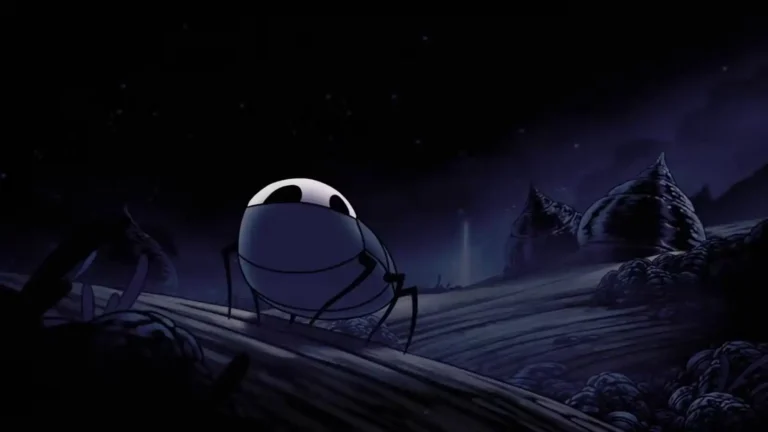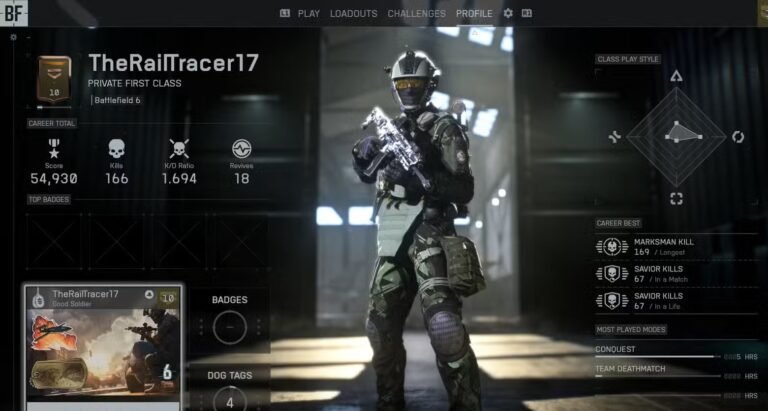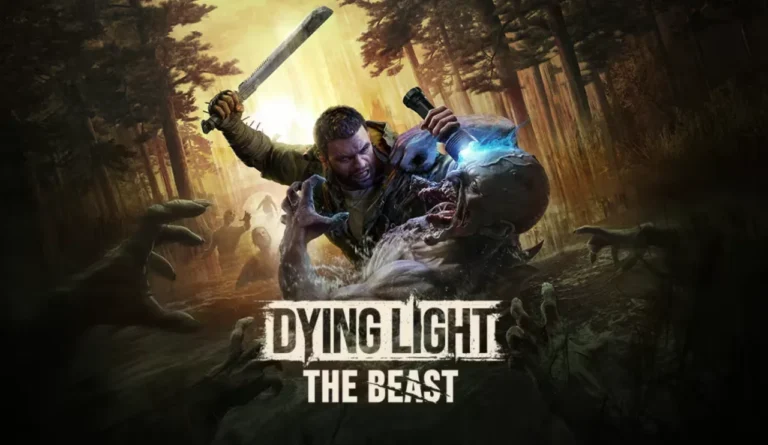Understanding Your Dialogue Choices in Dispatch Episode 1: The Father Question
If you’ve just started playing Dispatch on Steam, you’re probably already feeling that familiar tension of choice-based games: does this decision actually matter? It’s the same anxiety we all felt playing Telltale games, wondering if our split-second choice would haunt us three episodes later. Let me put your mind at ease about one particular moment…
If you’ve just started playing Dispatch on Steam, you’re probably already feeling that familiar tension of choice-based games: does this decision actually matter? It’s the same anxiety we all felt playing Telltale games, wondering if our split-second choice would haunt us three episodes later.
Let me put your mind at ease about one particular moment early in the game.
The Setup: Meeting Robert and Making First Impressions
After you dive into Episode 1 (“Pivot”), you’ll meet Robert and immediately get pulled into a reflective conversation with a mysterious voice. The game wastes no time putting you on the spot emotionally. Dispatch is all about exploring complex relationships and moral gray areas, so these early character-building moments set the tone for your playthrough.
Quick tip: If you selected the “Interactive” experience mode, get ready for QTE (Quick Time Event) sequences throughout the episode. These keep you engaged during action scenes, so stay alert!
The Father Question: Three Roads, Same Destination
Here’s where things get interesting—or rather, where they don’t get as complicated as you might fear. During the conversation, you’ll be asked:
“How do you really feel about your father?”
Your three options are:
- I love my dad
- Didn’t know him well
- He’s gone
So Which One Should You Pick?
Honestly? Whichever feels right to you.
This is one of those “flavor choices” that adds personality to your version of Robert without actually branching the storyline. Think of it as character coloring rather than plot steering. The game wants to establish your emotional backstory, but it won’t punish you or reward you for being sentimental versus distant.
My take: This is actually smart design. Not every choice needs to have dramatic consequences—sometimes games just need to let you define who your character is on a personal level. It makes the experience feel more yours without the pressure of optimizing outcomes.
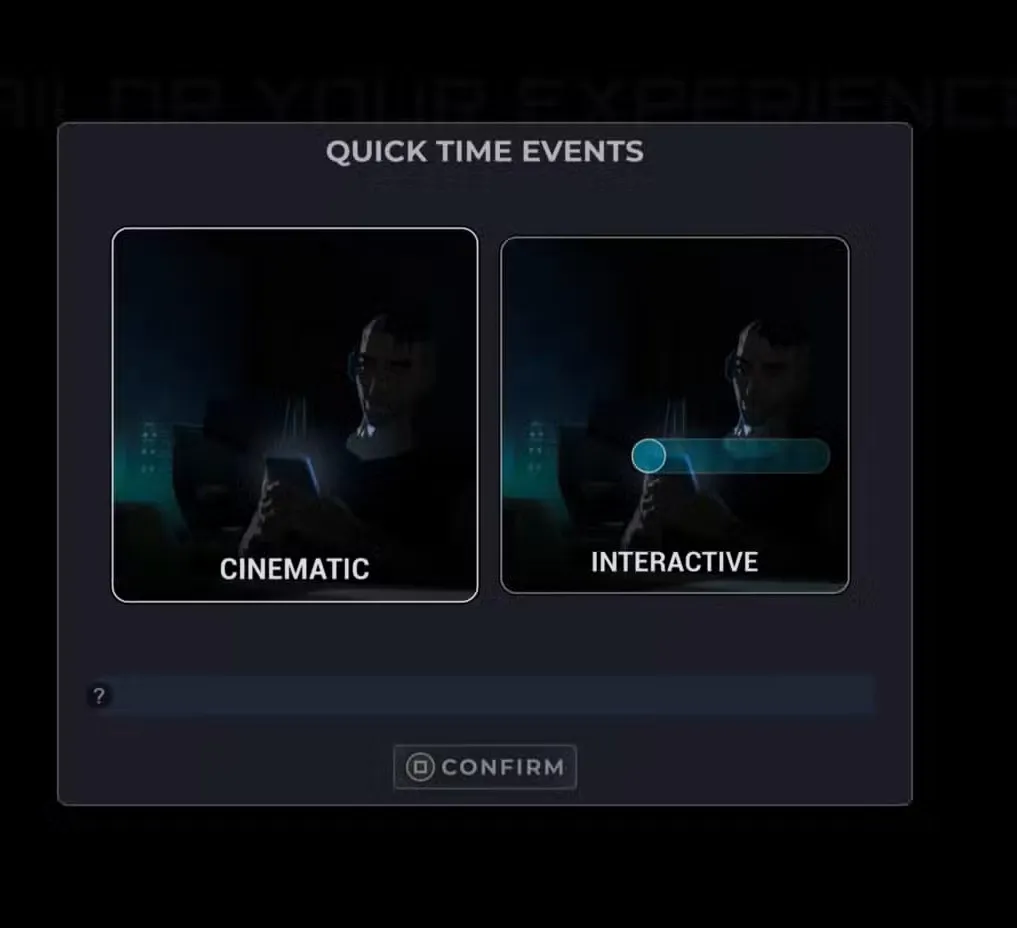
The Real Choice That (Kinda) Matters: Pull Him Back or Let Him Drop?
Now, later in that same conversation, you’ll face a different decision:
- Let Him Drop
- Pull Him Back
Does This One Change Things?
Sort of! While it’s still not a “major” story-altering choice, picking “Let Him Drop” will trigger a slightly different interaction later in the episode. Nothing game-breaking, but enough to give your playthrough a unique flavor.
Pro tip: If you’re the type who likes to see all the variations (no judgment—I do multiple playthroughs too), this is one worth trying both ways in different saves.
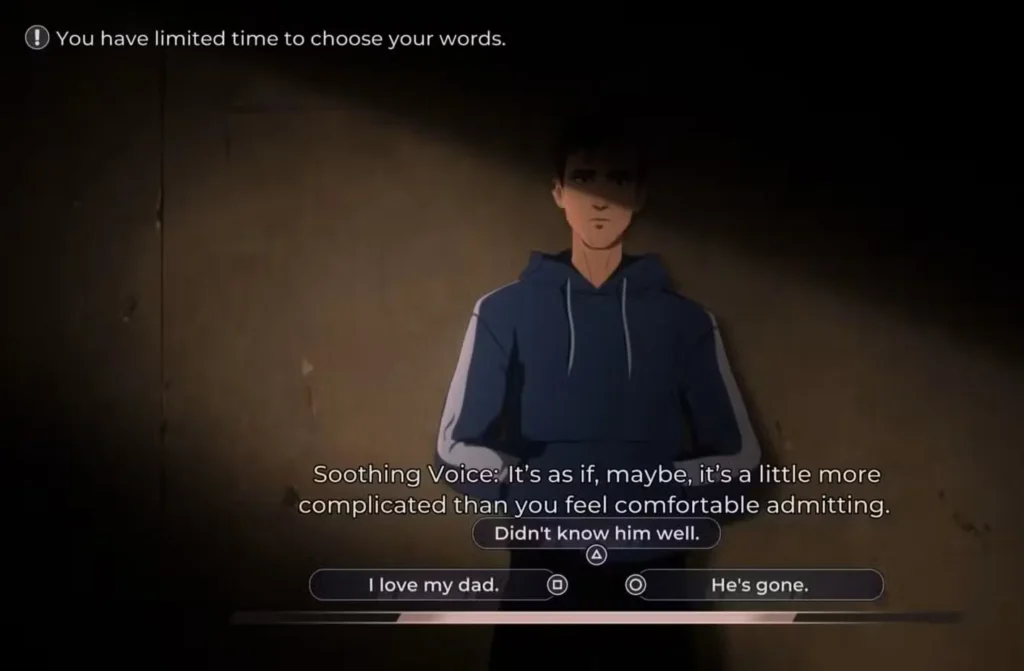
What This Means for Your Dispatch Playthrough
Here’s the bigger picture: Dispatch seems to follow the modern choice-based adventure model where:
- Some choices are purely for roleplay and immersion (like the father question)
- Some choices create small variations (like the drop/pull decision)
- Some choices will likely have major consequences (you’ll know these when you see them—they usually come with dramatic weight)
The game doesn’t explicitly tell you which is which, and that’s intentional. It keeps you invested and thinking critically about your decisions rather than just hunting for the “correct” answer.
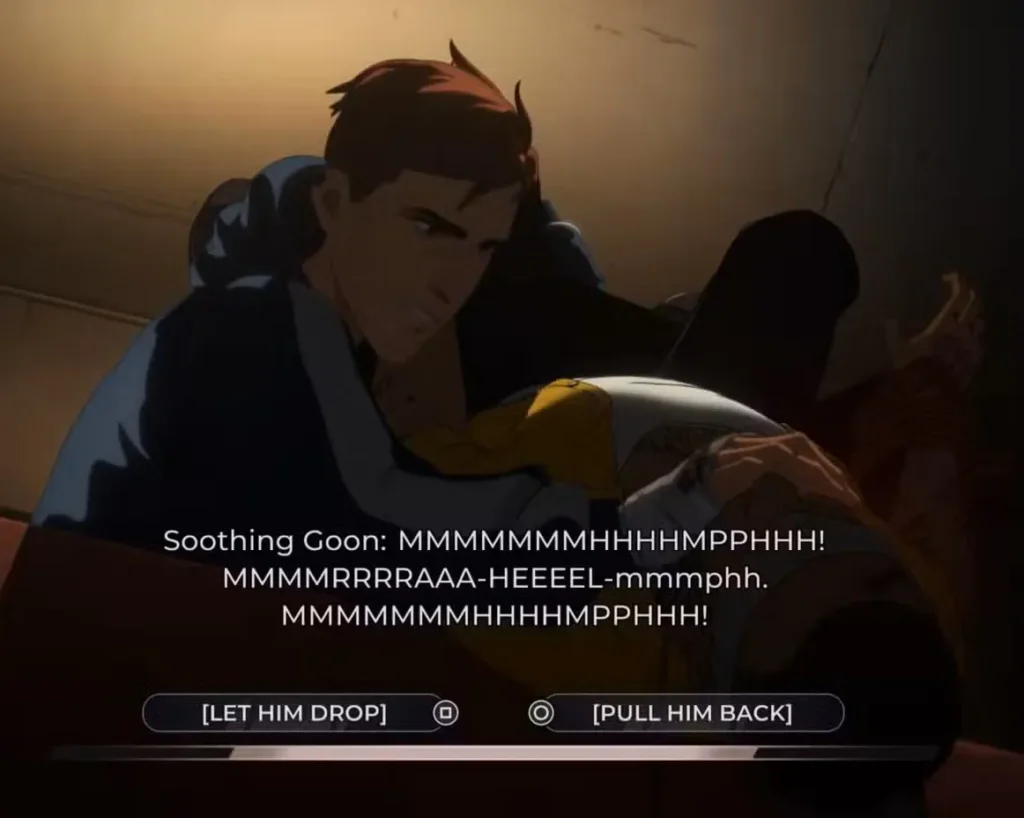
Tips for Playing Dispatch Episode 1
As you continue through “Pivot” and beyond:
- Don’t overthink the early choices—the game is still establishing your character
- Pay attention to character reactions—even if the plot doesn’t change, relationships might
- Trust your gut—these narrative games work best when you play them authentically
- Consider the QTE difficulty—if you’re struggling, you can adjust settings without feeling bad about it
And The Bottom Line Is
The father dialogue choice in Dispatch Episode 1 is all about you defining Robert’s emotional landscape. There’s no wrong answer, no secret achievement, and no relationship meter secretly ticking down in the background. Pick what resonates, enjoy the superhero noir story unfolding, and save your anxiety for the choices that actually come with dramatic camera angles and ominous music.
Now get back in there and see where this twisty narrative takes you. Trust me—the story gets wild.
Have you started Dispatch yet? What did you choose when asked about your father? The beauty of these games is seeing how differently people approach the same moments.



